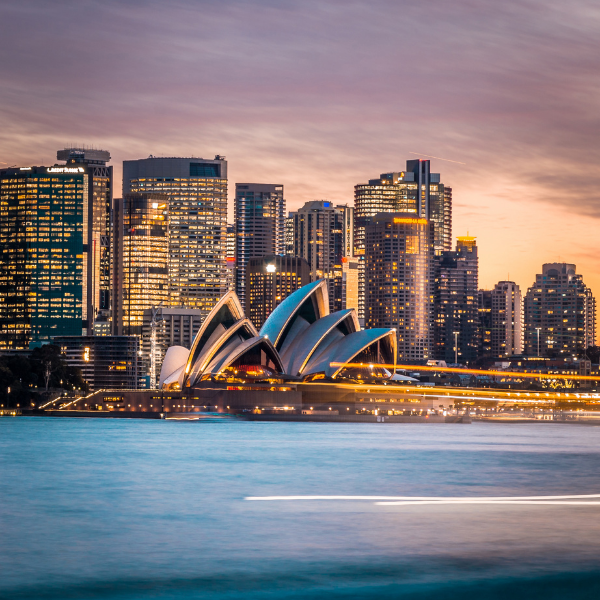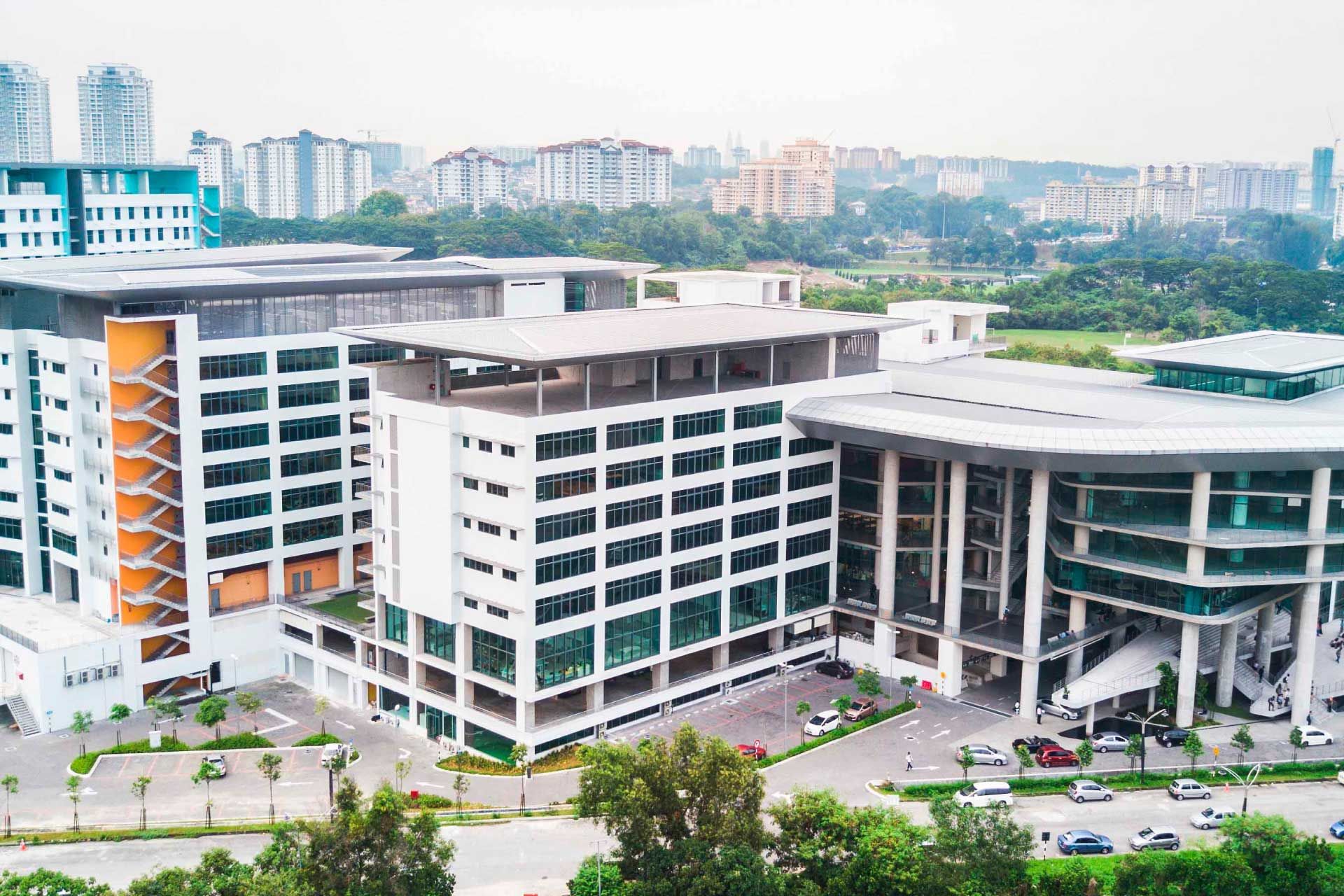The Diplomatic Visa (Subclass 995) was a specialised temporary visa designed for individuals serving in official roles on behalf of a foreign government or international organisation. It granted permission to enter and live in Australia for the duration of an accredited diplomatic assignment. This visa supported formal international relations by allowing diplomats, consular officials, and executive heads of UN-affiliated agencies to fulfil their duties while residing lawfully in Australia.
The visa was issued only to those formally accredited by the Department of Foreign Affairs and Trade (DFAT), and it extended similar status to immediate family members, such as spouses and dependent children. Unlike most visa categories, the 995 visa carried no application fee, reinforcing its role in facilitating official diplomatic missions rather than personal migration.
Effective 4 April 2022, the Diplomatic Visa (Subclass 995) has been officially closed.
The Subclass 995 has been replaced by the Temporary Work (International Relations) Visa (Subclass 403). All new diplomatic visa applications should now be lodged under Subclass 403. For more details and eligibility criteria, please refer to the official guidelines or contact the appropriate visa authority.
The Australian Diplomatic Visa (Subclass 995) was a temporary visa issued to accredited representatives of a foreign government or recognised international organisation who were formally requested to carry out official duties in Australia. This visa granted entry and residence rights to individuals holding a diplomatic passport or official status, such as diplomats, consular officials, and executive heads of international agencies. The visa was specifically intended to facilitate diplomatic missions, enabling representatives to operate under the recognition and accreditation of the Australian Government, usually through the Department of Foreign Affairs and Trade (DFAT).
Eligibility for the diplomatic visa is extended beyond principal applicants to include immediate family members, such as spouses and dependent children, who also received corresponding diplomatic or official status while in Australia. Benefits of the Subclass 995 visa include visa-free application, exemption from standard work or study limitations, and residency for the duration of diplomatic tenure. This visa category ensured that international relations were maintained smoothly by providing secure and recognised access to Australia for foreign missions, following international law and bilateral agreements.


The Diplomatic Visa Subclass 995 was replaced by the Temporary Work Visa (International Relations) – Subclass 403 on 4 April 2022 to consolidate and streamline multiple temporary visa categories used for international engagement. This transition aimed to simplify the system by bringing diplomatic, consular, and other international assignments under a single, more flexible structure. The new Temporary Work Visa allows broader participation while maintaining the diplomatic privileges and formal recognition previously granted under the 995 visa.
At the time of application, the applicant must be outside Australia. This ensures that the visa is granted only to individuals who have not yet entered the country and are seeking to do so under diplomatic or official status.
The applicant must be formally accepted and accredited by DFAT as a representative of a foreign nation or international agency. This accreditation is a prerequisite for diplomatic recognition and is essential for the visa application process.
The visa is limited to diplomats, consular officials, employees of international organisations, and executive heads of UN-affiliated agencies. These individuals must be serving in an official capacity and recognised under international law and bilateral agreements.
The visa extends to immediate family members, including spouses and dependent children, allowing them to accompany the principal applicant. These family members are also granted corresponding diplomatic or official status for the duration of the assignment.
All applicants, including family members, must hold a valid passport issued by an official or diplomatic authority. The passport must be consistent with the applicant’s official designation to ensure proper identification and compliance with visa requirements for Australia.
The Diplomatic Visa (Subclass 995) allows holders to stay in Australia for as long as they maintain their status as a diplomatic, consular, or international representative. The visa does not have a fixed expiry date but is instead linked to the duration of the individual’s official assignment or accreditation by the Department of Foreign Affairs and Trade (DFAT).
Once the diplomatic or official posting concludes, the visa holder and their eligible family members are expected to depart Australia or apply for another valid visa if intending to remain. The stay period remains entirely dependent on the validity of the assigned diplomatic mission and formal recognition by the Australian Government.

There is no visa application fee for individuals applying under the Diplomatic Visa (Subclass 995). This exemption also applies to eligible family members who are granted corresponding diplomatic or official status, reflecting the reciprocal arrangements between foreign governments and the Australian Government.
However, applicants may still incur incidental expenses during the process. These may include health assessments, medical checks, and costs related to any additional documentation or translation services. While these are not charged by the Department of Home Affairs, they are often necessary to complete the visa processing requirements.
The Diplomatic Visa (Subclass 995) cannot be directly transferred to the Temporary Work (International Relations) Visa (Subclass 403). Individuals wishing to move from the diplomatic visa category to the Temporary Work Visa must submit a new visa application and meet all associated eligibility criteria under Subclass 403.
This includes fulfilling role-specific conditions and being nominated or sponsored where required. The process is treated as an entirely separate application by the visa officer, and prior diplomatic status does not automatically qualify an individual for the Temporary Work Visa.

StudyCo offers essential support for individuals holding or transitioning from a Diplomatic Visa (Subclass 995) to the Temporary Work (International Relations) Visa (Subclass 403). With a team of experienced consultants, StudyCo provides expert guidance on eligibility, required documentation, and the overall visa application process, ensuring applicants understand every step clearly.
Their services include free consultation, documentation support, and assistance with faster processing. By aligning your application with the latest requirements set by the Department of Home Affairs, StudyCo helps streamline the transition to the Temporary Work Visa, making the process smoother for diplomatic representatives and their families.